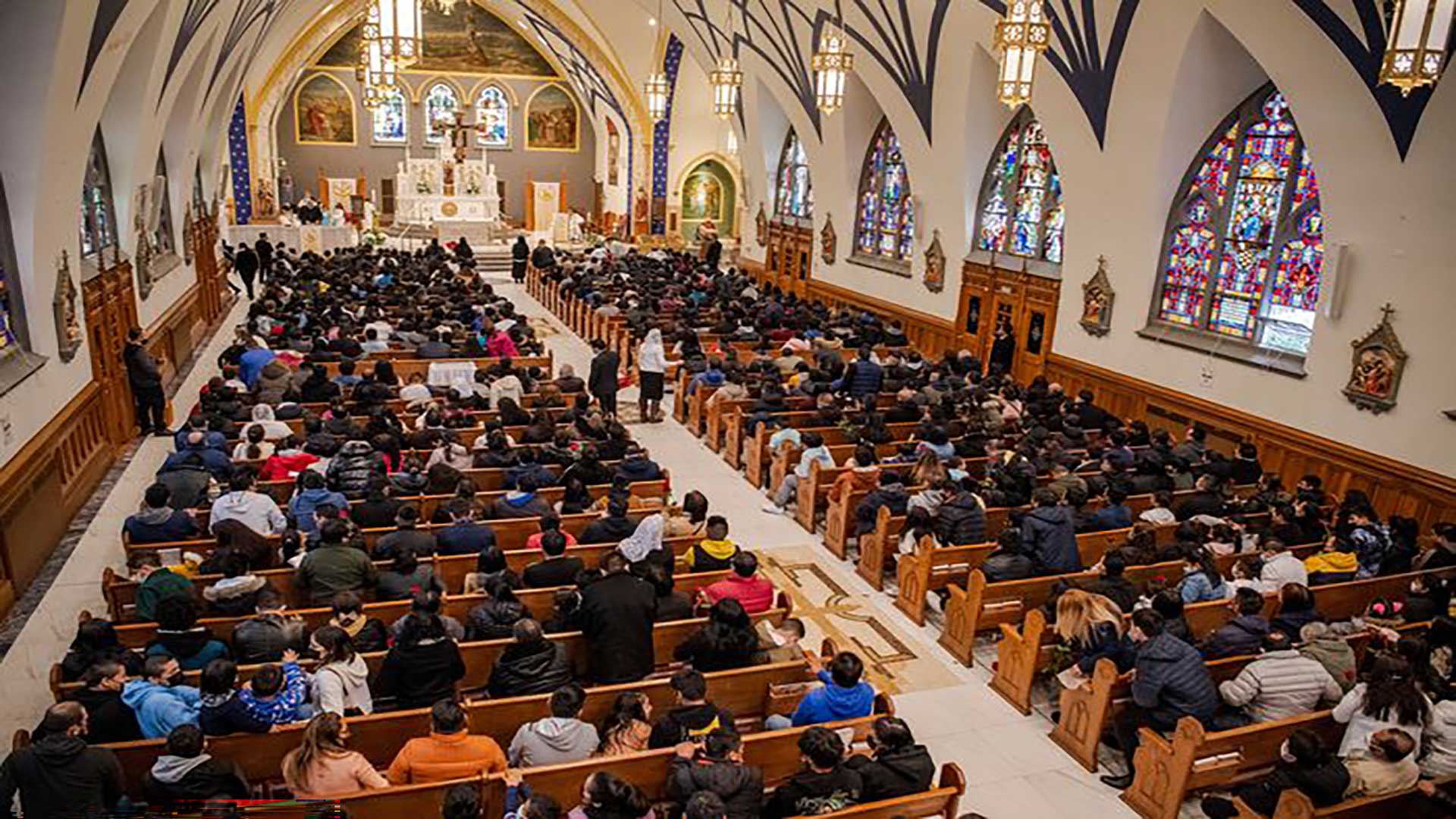Authentic and Zealous
The Temple of Jerusalem is an important reference point. The one built by Solomon was destroyed in 587 B.C. when the Babylonians torched the city and sent the Judean leaders into exile to Babylon. In 539 B.C. Cyrus, king of Persia, absorbed the Babylonian empire and permitted the Jews to rebuild the temple in their land. On reconstructing the temple in c. 515 B.C., the Jews enjoyed an era of peace but soon became apathetic as regards the divine cult.
Hence, in the First Reading (Mal 11, 22 – 12, 2), Prophet Malachi (the last in the traditional list of minor prophets) censures the people and more so the priests, who were leaders and interpreters of the Scriptures. His discourse begins with an accusation and ends with a sentence: “O priests, this command is for you. If you will not listen, if you will not lay it to heart to give glory to my name, says the Lord of Hosts, then I will send the curse upon you.”
No doubt, we could extend this to ourselves, for we all have the priestly vocation; but here Malachi addresses the sacramental priesthood in particular. His words make one stop in one’s tracks; hence, nothing more dare I say except hope and pray that we turn a new leaf.
Whereas Malachi observes that the priests have been teaching wrong doctrine and misguiding the people, in the Gospel (Mt 23: 1-12) Jesus states that the scribes and the Pharisees have been teaching the law but failing to practise it. They who sat on Moses’ seat – as teachers and leaders – had the moral duty to practise the law (“heavy burdens” or duties) that they imposed on their people. Jesus draws a long list of tricky situations involving those erring leaders and ends with a startling principle: “He who is greatest among you shall be your servant; whoever exalts himself will be humbled, and whoever humbles himself will be exalted.”
Meanwhile, what did Jesus mean by those intriguing words, “father” and “master”? Is there a ban on their use? Jesus only reminds us that none should usurp the authority that belongs to God, our Father, and Himself, our Divine Master.
St Paul in the Second Reading (1 Thes 2: 7-9, 13) states what it takes to be an apostle: self-sacrifice. However, we must realise that we should not exploit the apostle’s gentleness and mercy; on the contrary, the people ought to show authenticity, fairness, reciprocity, sincerity, gratitude.
Our human condition, fragile as it is, does not make life easy, nor does the Word of God easily sink into us and transform us. That is why what happened millennia ago repeats itself. On the other hand, we must not be discouraged but persevere in letting the Word bear fruit in us. Our reference point is no longer the physical Temple of Jerusalem; Jesus teaches us to live as living temples of God, authentic and zealous.
